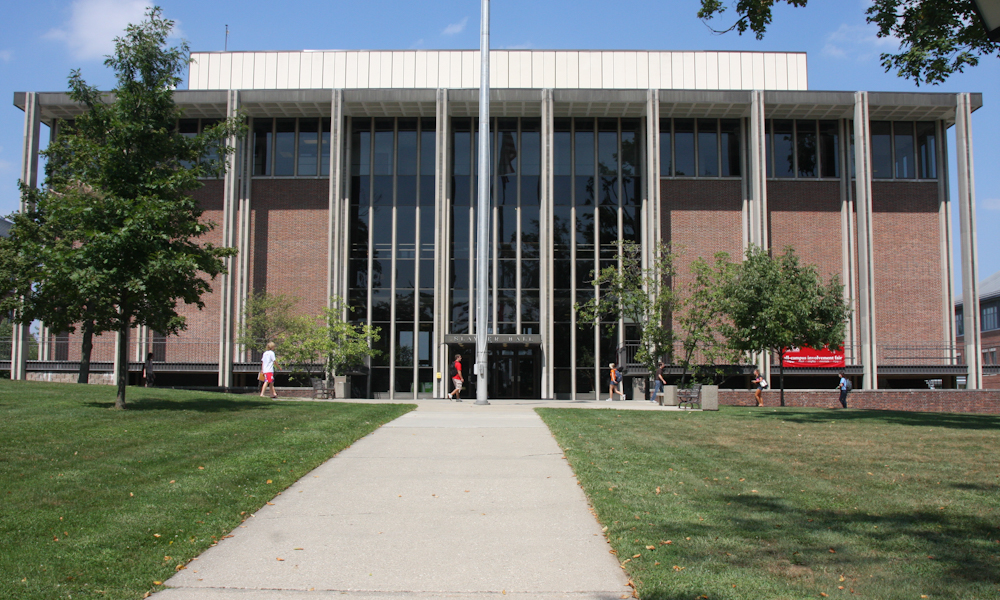Global Studies Seminar presents Yeliz Cavus
| Location: | |
| Ticket Info: | Free |
| Questions: |
Associate Professor
|
| Sponsor(s): |
The Global Studies Seminar presents a talk titled “Historians Connecting Globally: The Ottoman Historical Society in the Era of Global Professionalism in Historical Studies,” by Yeliz Cavus, a Ph.D. candidate and graduate teaching associate in the department of Near Eastern Languages and Cultures at The Ohio State University.
Cavus focused her dissertation research on international intellectual networks in Istanbul at the turn of the twentieth century. She has received a Bachelor of Arts in Turkish Language and Literature, a Bachelor of Arts in History, and a Master of Arts in History from Boğaziçi University, Istanbul. Her research interests include late Ottoman and early republican Turkish History, Ottoman historiography, history of Ottoman modernization, history of mass performances in the Ottoman realm, Ottoman literature, nationalism(s) in the Middle East, and history and folklore of resistance.
Just as in Europe, North America and other parts of the world, the late nineteenth century was a time in which history emerged as an independent academic discipline in the Ottoman Empire. Foundation of the Ottoman Historical Society in 1909 (renamed as Turkish Historical Society in 1923) under the leadership of the last official chronicler of the empire, Abdurrahman Şeref Efendi (d. 1925), represents a milestone for the institutionalization and professionalization of historical studies in the Ottoman realm. Adopting an institutional framework, Ottoman Historical Society provided historians a new intellectual community and a professional network, that was not limited to other Ottoman historians. Members of the Ottoman Historical Society, many of whom were prominent historians of that period, conducted research abroad, attended conferences, and established connections with their fellow Orientalists or Turkologists working in universities, national libraries, museums and archives all around the world. The society also provided an institutional base for hosting international scholars who came to Istanbul for research-related purposes. Through navigating the ways in which the members of the Ottoman Historical Society connected themselves to the global network of historians in Europe, Asia, and North America, this lecture aims to examine the late Ottoman history writing within a global era of historical professionalism. In so doing, it aims to explore how this global process of professionalization contributed to the modern history writing in the late Ottoman and early Republican periods.
